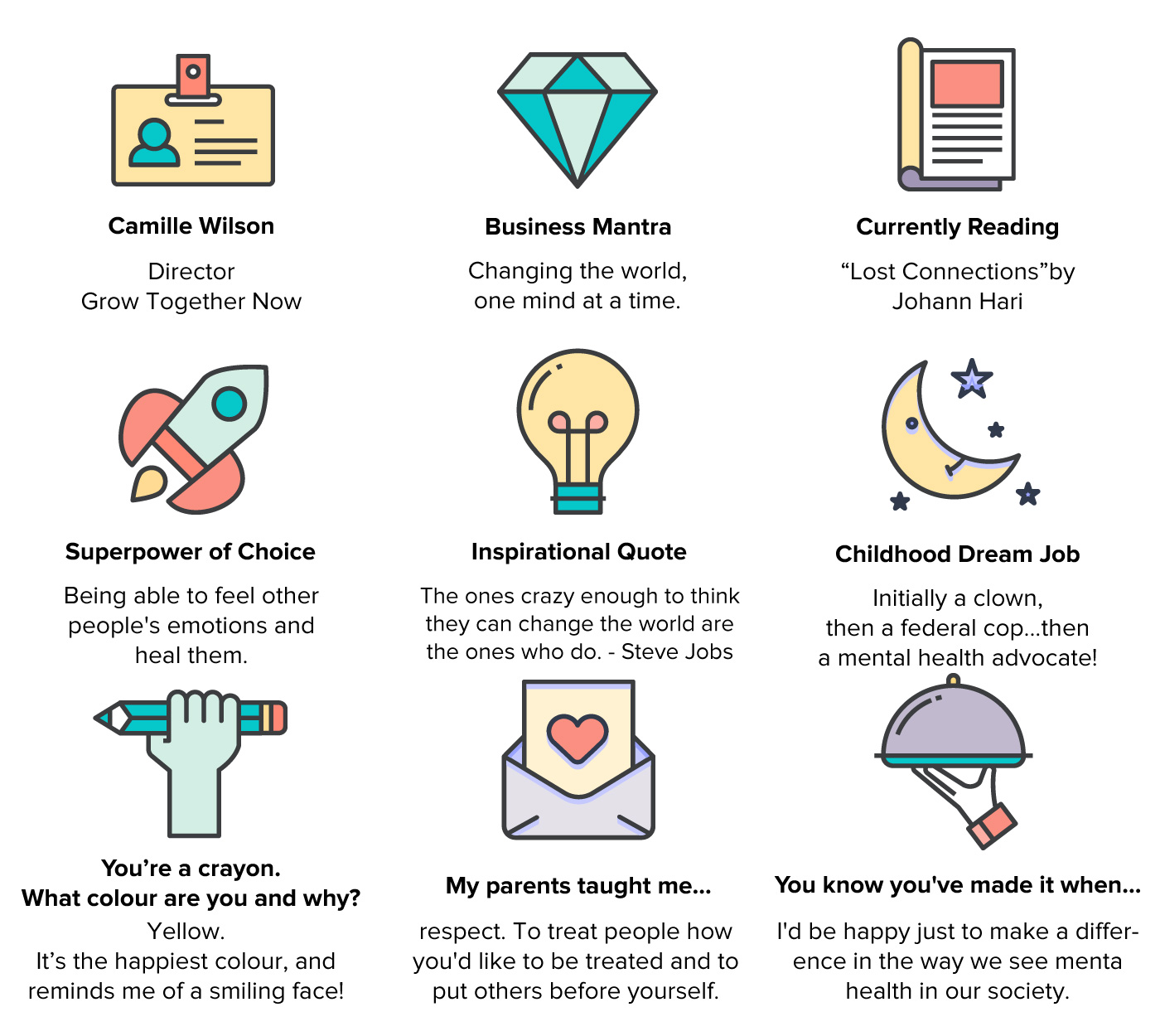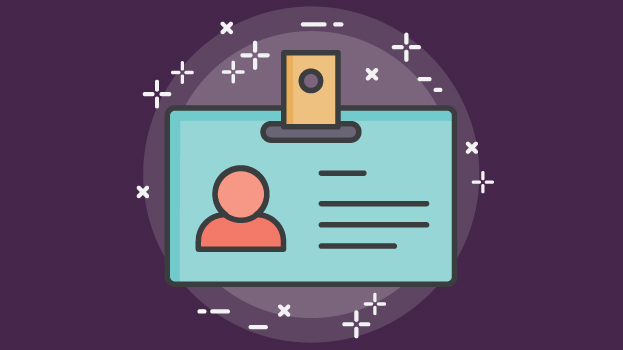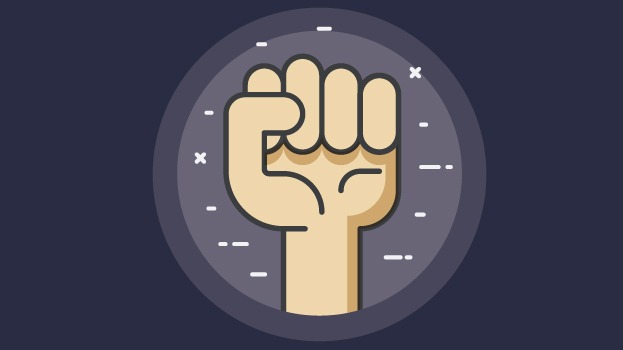Would you help a stranger, a loved one, or yourself in need?
Many would rather turn the other cheek than face the facts, preferring to be passers-by, observers, outsiders, or onlookers…Is this the reality of our modern-day, individualist society?
Unfortunately, in the short-term, it is often easier to turn a blind eye.
Unless climate change makes the rising water levels ruin our carpets, or one of the few polar bears left comes to punish us for melting the ice caps, we probably won’t feel an urgent enough need to act.
The bottom line is that we struggle to feel responsible for something that feels so far away.
And I’ve realised that the topic of mental health is no different.

The Undeniable Reality of Mental Health
Almost half (45%) of all Australians will suffer from a mental health issue in their lifetime. One in five Australians aged 16-85 experience a mental illness in any year, and this number is only set to increase.
Our own colleagues, friends, and family could very well be suffering in silence.
Whilst everything may appear just fine, those who are troubled inside can struggle to simply get out of bed in the morning – much less open up to say, “I am not OK”.
But, until that happens, we like to put our heads in the sand and walk on by.
How will we hear their voices when we aren’t paying attention?
You Don't Have to See It To Believe It
What makes mental health such a difficult thing to grasp?
Unfortunately, the stigma and misconceptions around mental health stem from the fact that mental health problems are not visible to the naked eye.
A broken arm or leg will prevent an employee from doing their work properly. Fact.
But a broken heart? A broken family? A broken sense of self? These are all equally valid and real issues that many people face.
The three most common mental illnesses are depression, anxiety, and substance use disorder. These three types of mental illnesses often occur in combination, and frequently go undetected or misdiagnosed.
In fact, 54% of people with mental illness do not access any treatment. The proportion of people with mental illness accessing treatment is half that of people with physical disorders.
As these troubles are deep-seated and go far beyond the physical, they do not heal the same way that physical wounds do. They can return later in life, and may also run in the family.
This complex nature makes discussion, diagnosis and treatment of mental illness equally complicated. Once a disorder has developed, seeking professional help and having a proper support system is key.
Business As Usual
Unbeknownst to them, businesses are losing an exorbitant amount of money to this mental health crisis.
According to a study by PwC, in partnership with beyondblue, mental health conditions cost businesses about $10.9 billion each year. The figure includes $4.7 billion in staff missing days of work, $6.1 billion in unwell staff still attempting to work, and $146 million in compensation claims.
Unhealthy and unsupportive leaders and workplaces lead to low productivity, poor company culture, and decreased employee engagement. Employees may not even show up to work, taking leave simply to avoid the stress and anxiety of being in the workplace. This can also lead to higher employee turnover.
A study done by the NSW Government found that almost 50% of businesses have no measures in place to address mental health in their workplace. This statistic is staggering in itself, given that we spend half of our lives at work.
In fact, according to PwC, for every dollar invested in mental health initiatives, businesses can expect an average return of $2.30. Better still, small businesses can enjoy up to $15 in profit.
Missed Opportunity
If we stood to gain a similar ROI in sales, business development or leadership training, we’d all be jumping at it. But, because it involves mental health, we tend to steer clear.
Seen as nothing more than a financial and managerial burden, many businesses choose not to invest time or money in mental health and wellbeing initiatives.
Generally, employers will offer a simple EAP, or Employee Assistance Program. An EAP is a free and confidential counselling service offered by employers to provide support to employees (and their immediate family members) facing issues in their work and/or personal lives.
These issues may include relationships, trauma, substance abuse, addictions, financial problems, depression, anxiety disorders, psychiatric disorders, or communication problems.
The counselling service is accessible either via supported referral (through a manager or colleague who recommends that the person seek help) or self-referral.
Whilst the EAP is marketed as a ‘preventive’, ‘proactive’ service, this is merely the national standard in workplace mental health initiatives. And even awareness around the EAP is scarce. Many employees do not know that the program exists, let alone how to go about utilising it.
For more interactive, engaged, and creative strategies to foster positive psychology, boost morale, and look after your employees, other measures can be extremely beneficial for all.
Prevention Is Better Than Cure
Encouraging good health and holistic wellbeing in the workplace is of huge benefit to all employees, regardless of where they are with their mental health.
As health is multifaceted and intricate by nature, there are a myriad of ways to encourage this.
Naturally, different methods will suit different individuals. Thus, a combination of various initiatives is highly recommended.
Here are just a few methods of prevention:
– Workshops that encourage an open mindset to understand the importance of mental health
– Education and skill-building in emotional intelligence, particularly for front-line and senior leadership
– Providing leaders with the tools to create a safe and mentally healthy workplace
– Building a strong emotional connection network for employees to create trusting relationships with each other
– HR support to remind employees of safe avenues to seek help confidentially and efficiently
However, even small gestures can count.
Save A Life, Save Your Business
It is time for businesses to wake up to what is happening. It is time to realise the potential of better mental health to transform for your employees and your business.
Even a thriving company serves to benefit from this. We must nurture the very thing that keeps us alive and well, and that we too often turn a blind eye to.
Each one of us can take the chance to change a life and change the world by changing businesses from the inside out.
You decide.
At Grow Together Now, we provide solutions for businesses to change the way they see mental health. Our mission is to change the world, one mind at a time. We identify the gaps, create the solution, and provide 24/7 support. Find out more by reaching out to Camille or visit the website.













 March 13, 2019
March 13, 2019 







